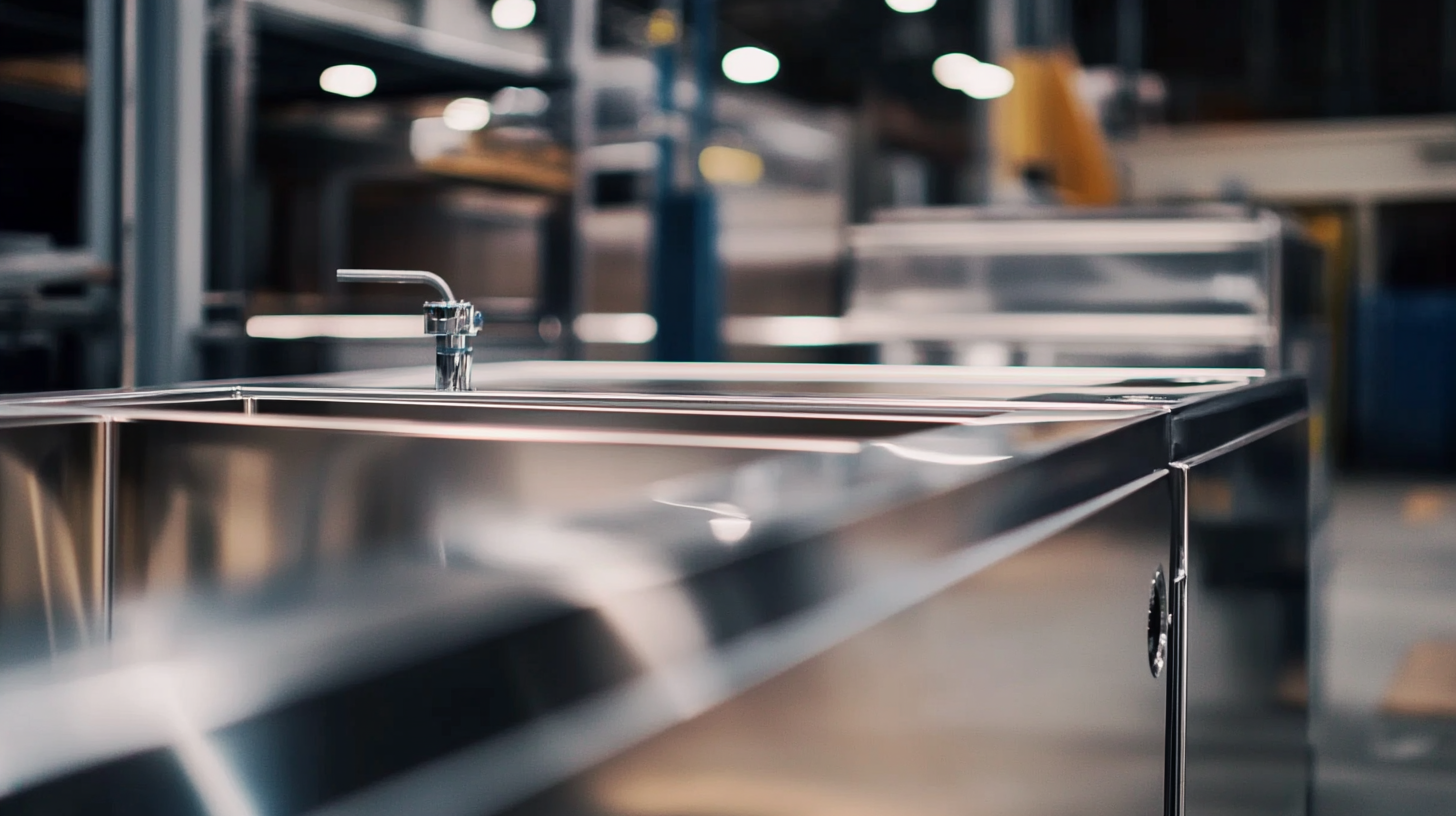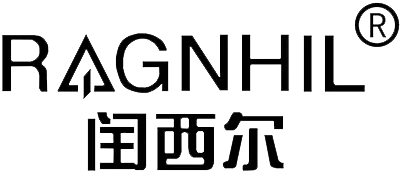Leave Your Message
In recent years, the global trade landscape has been significantly impacted by escalating tariffs, particularly between the United States and China. However, amidst these challenges, the aluminium vanity sector has emerged as a surprising success story. According to a report by the Aluminium Association, the demand for aluminium products in North America is projected to increase by 3% annually, driven largely by the residential construction and renovation markets. Particularly noteworthy is the rise of Chinese-made aluminium vanities, which have managed to thrive despite the tariffs imposed on imports. Market analysis indicates that the premium design and affordability of these products resonate well with consumers, fostering a growth trajectory that defies industry expectations. This blog explores the resilience and competitive strategies of Chinese manufacturers in the aluminium vanity market amid ongoing US-China trade tensions.

In the face of steep tariffs and a fluctuating global economy, Chinese-made aluminium vanity products demonstrate remarkable resilience. The ongoing trade tensions have certainly posed challenges; however, manufacturers have adapted quickly, focusing on enhancing product quality while maintaining competitive pricing. This agility is key in the tariff-heavy market, where consumer demand persists despite heightened costs from imported goods.
For businesses looking to navigate these turbulent waters, here are a few tips: Firstly, assess your supply chain thoroughly—explore local sourcing options to mitigate the impact of international tariffs. Enhancing relationships with suppliers can also lead to better pricing and availability of materials. Secondly, understanding customer preferences is vital; marketing your products as high-quality yet affordable can attract a broader consumer base. Lastly, stay informed about tariff developments to strategize effectively and adjust pricing where necessary without losing competitiveness.
Chinese aluminium vanity products not only hold their ground against tariffs but also cater to a market increasingly focused on quality and sustainability. As small businesses reevaluate their strategies in light of changing economic conditions, adaptability will be their strongest asset.
In recent years, the US-China trade tensions have significantly impacted the pricing of consumer goods, including the aluminium vanity market. Tariffs imposed by the US on Chinese imports have led to a notable increase in production costs for manufacturers. According to a report by the American Enterprise Institute, tariffs on imported aluminium and other raw materials have surged by over 25%, directly affecting pricing structures for end consumers. As a result, many companies are compelled to reevaluate their pricing strategies while maintaining competitiveness in a challenging economic landscape.
Despite these challenges, Chinese manufacturers of aluminium vanities have found innovative ways to thrive. Industry analysis from Statista indicates that the demand for home renovation products has remained robust, with the home improvement market projected to grow by 8.1% annually. This growth offers opportunities for manufacturers willing to adapt to tariff-induced costs. Moreover, businesses report an increasing focus on sourcing raw materials from alternative countries within Asia to mitigate tariff impacts, showcasing resilience amid geopolitical uncertainties. By leveraging such strategies, they can continue to offer high-quality products at competitive prices, demonstrating adaptability in an evolving market.

In the face of challenging tariffs and trade barriers, manufacturers of Chinese-made aluminum vanity products are finding innovative ways to thrive. The recent shift in global trade dynamics has compelled companies to leverage advanced technology, particularly artificial intelligence, to navigate the complexities of the current market. By harnessing AI tools, manufacturers can enhance agility, quickly pivoting their strategies to adapt to unfolding economic conditions and maintaining competitiveness.
Moreover, the emphasis on supply chain digitization has emerged as a critical strategy for overcoming trade-related disruptions. By streamlining operations and improving logistical efficiencies, companies can mitigate risks associated with tariff fluctuations and inflation. The integration of digital platforms not only reduces costs but also empowers manufacturers to respond swiftly to changes, thus preserving their market position amidst ongoing geopolitical tensions. As they adapt their business models, manufacturers are also exploring collaborative partnerships and diversifying markets to ensure sustained growth, demonstrating that resilience and innovation can prevail even in uncertain times.
The demand for quality and affordability in aluminium vanities has surged recently, driven by a combination of evolving consumer preferences and competitive pricing. Homeowners are increasingly looking for high-quality fixtures that not only serve a functional purpose but also enhance the aesthetic appeal of their spaces. Aluminium vanities, known for their durability and modern design, perfectly meet these needs while remaining accessible to a broader audience.
Chinese manufacturers have capitalized on this trend by offering an impressive range of aluminium vanity products that combine style and affordability. Despite the challenges posed by tariffs, these companies have employed innovative strategies to maintain competitiveness in the market. By streamlining production processes and focusing on customer needs, they have managed to keep prices low while upholding quality standards. As a result, consumers benefit from high-quality products that fit within a reasonable budget, illustrating a successful adaptation to the evolving landscape in home furnishings.
In the wake of rising US-China tariffs, the aluminium vanity market has presented a unique case study in resilience and adaptability. Leading players within the industry have leveraged their supply chain strategies to not only survive but thrive in this challenging landscape. By fostering close relationships with suppliers and adopting local sourcing practices, companies have effectively mitigated tariff impacts while ensuring product quality and cost efficiency. This proactive approach has empowered manufacturers to swiftly align with fluctuating market conditions, maintaining a competitive edge.
Moreover, the integration of advanced technology has transformed how these manufacturers operate. Innovations such as predictive analytics and real-time inventory management allow for greater responsiveness to supply chain disruptions. Companies are now able to anticipate challenges and adapt their sourcing strategies accordingly, ensuring that production continues smoothly despite external pressures. This tech-driven approach, coupled with a commitment to sustainability, positions Chinese-made aluminium vanities not just as market players but as leaders in a transnational landscape, setting higher standards for efficiency and environmental consciousness.

